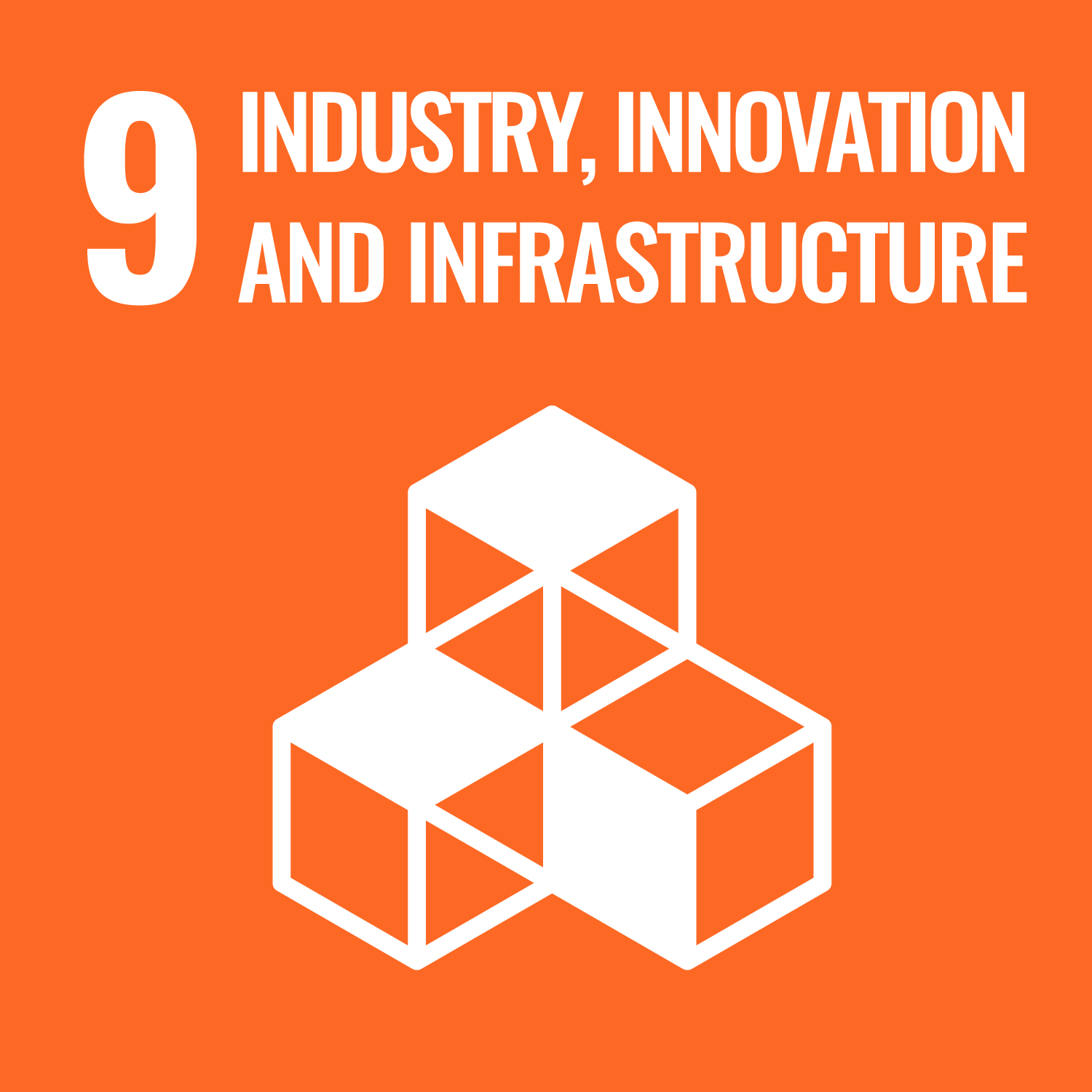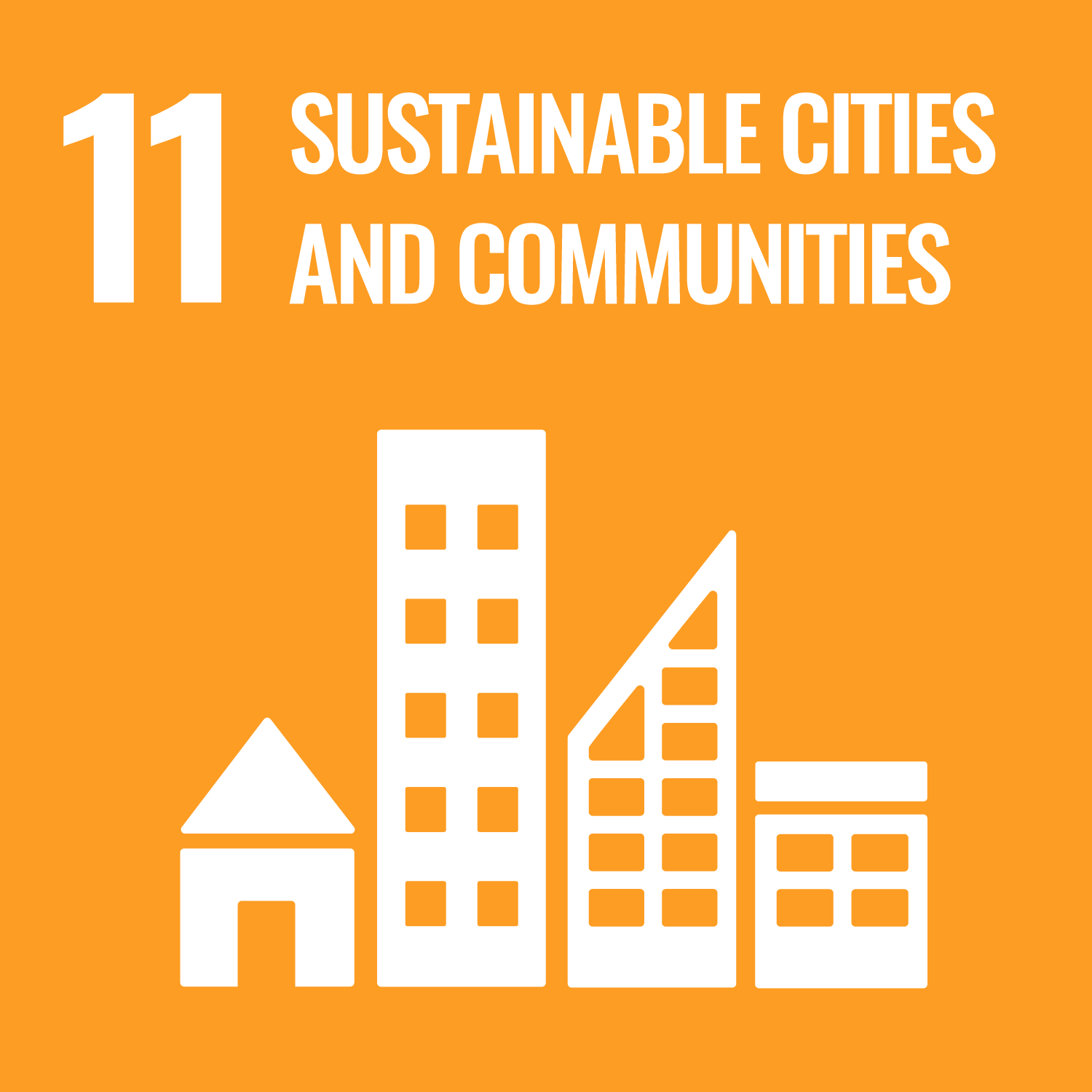Transportation



Transportation and traffic are the driving factors to live culturally and creatively in human society.
While promoting low-carbon and decarbonisation in the transport sector, JICA works on the development of transportation infrastructure, improve maintenance and management techniques and safety for both domestically and globally. We aim to create a society where people can move freely and safely, and necessary goods can be transported anywhere in the world including the last one mile.
Transportation and traffic contribute to economic development by increasing the opportunities and range of movement of people and expanding the trade area of goods through the reduction of time distances and transport costs, and are essential social infrastructure same as water and electricity enriching people's life. In particular, the development of transportation infrastructure to support international transport and logistics is necessary to increase the international competitiveness of the country and to attract foreign direct investment.
The governments and other public eintities play various roles in the formulation of policies and plans, financing, maintenance for the transportation infrastucture, however, it is difficult to say that infrastructure is being provided at the right time when it is needed with the apporopriate size and in the appropriate form. Infrastructure demand in developing countries is estimated at approximately USD 2 trillion/year, of which the needs of the transportation sector are particularly great, and the gap between the available funds for investment from government, private sector and other sources is enormous.
In addtion to the development and maintenance of infrastructure such as ports, airports, railways, buses and toll roads, proper operation and services for them are required, however in many developing countries, inefficient services of them are observed. In addition, ensuring safety is a top priority in the movement of people and goods, but it is not easy that the governments play their roles in enacting and enforcing safety regulations, ensuring road traffic safety with increasing numbers of vehicles. And it is not also easy to conduct maritime security operations in fraught waters.
Rapid urbanisation is expected to increase traffic congestion and further air pollution. The transport sector accounts for 20% of all global greenhouse gas emissions. Reducing emissions from vehicles, which account for 70% of greenhouse gas emissions from the transportation sector, is also an urgent issue in the acitivites for climate change.
Japan's strength in the transportation sector is its high-quality infrastructure systems, which are characterised by 1) long service life, 2) the establishment of a foundation for the development of the recipient country, encompassing everything from long-term planning to human resource development and operational support, 3) reliable implementation of contractual matters such as punctuality to construction schedules, and 4) consideration of environmental, disaster prevention and safety aspects. Extending our support by use of these strengths has the significance of strengthening connectivity, stimulating economic and social activities in the region and, ultimately, contributing to the stability and prosperity of the region as a whole. In addition, utilising Japan's high-quality technology and know-how is beneficial not only to the development of recipient countries, but also to the Japanese economy.
The advantages and significance of JICA's cooperation include the implementation of projects utilizing various kinds of schemes, including financial and technical cooperation, the ability to coordinate Japanese concerned resources such as the Government of Japan, local governments and related companies, and the inducement investment from private campanies using JICA's financial assistance.
By being connected to the global network, metropolitan areas around the world can reduce logistics costs and enhance reliability, and furthermore, improve their attractiveness. It is essential to develop international ports that will serve as logistics hubs, roads to these ports, and trunk roads that organically link these cities.
JICA supports the construction of international corridors and global networks by sea and air that connect metropolitan areas beyond national borders, aiming to realize a society in which the world's capitals and more than 100 metropolitan areas in developing countries with a population of more than 3 million are smoothly connected.
Maritime transportation is fraught with risks such as piracy and maritime accidents. It is important to improve maritime safety and security from the perspective of the "Free and Open Indo-Pacific" (FOIP). JICA works to strengthen the ability of coastal states to ensure maritime safety and security by maritime law enforcement, marine rescue operations and marine environment.
In developing countries, awareness of the needs for proper maintenance and management of roads and bridges tends to be low. JICA considers road infrastructure facilities as assets and contribute to building a sustainable, safe, and reliable road transportation network through preventive maintenance management and extending the service life of facilities.
One of the negative aspects of convenient transportation services is the increase in road accidents.
JICA, which has actively promoted road development, recognizes it has a responsibility to address this issue and contribute to halving the number of road traffic fatalities and injuries worldwide, a target of the Sustainable Development Goals (SDGs).
Public transportation not only contributes to reducing environmental burdens such as traffic congestion and air pollution, but is also an effective means of transportation for maintaining and developing local social and economic activities accessible to all people, and has supported the activities of essential workers during the outbreak of COVID-19. We will promote the development and use of reliable, safe and environmentally friendly public transportation, while incorporating a new perspective of "countermeasures against infectious diseases.
scroll